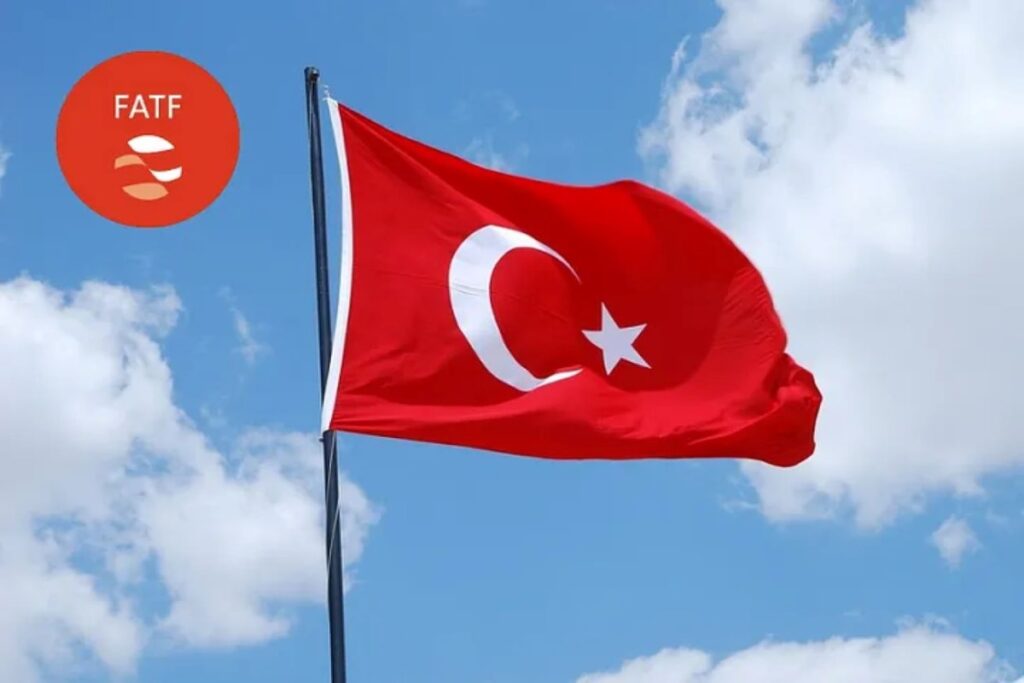The Financial Action Task Force (FATF) is an international entity that checks money laundering crimes and discourages the cross-border flow of illicit cash.
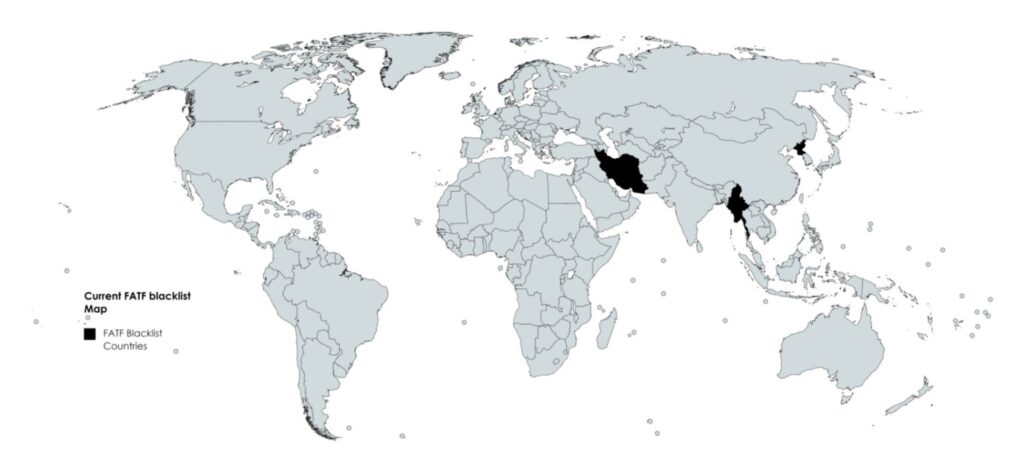
In the first week of July, FATF announced that it had delisted Turkey from the list of countries guilty of notable volumes of money laundering. This is good news for Turkey and an indication that its economic revitalization efforts are yielding fruits.
Turkey is Out of the Laundering Blues
The FATF, headquartered in France, released a recent report in which they commended the effort of Turkey and its anti-graft agencies. The report partly reads, “The FATF welcomes Türkiye’s significant progress in improving its AML/CFT regime.”
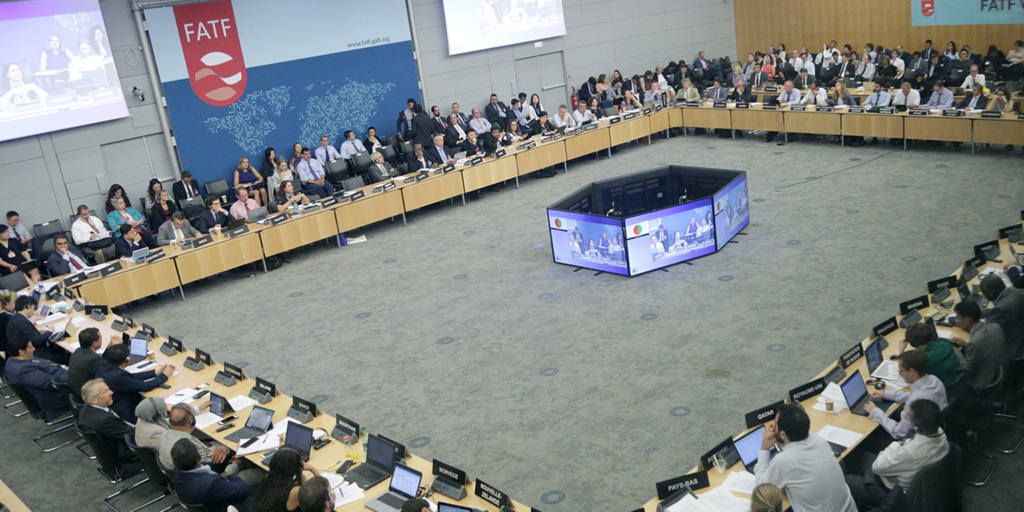
The watchdog organization is acknowledging the significant drop in the incidence of terrorism financing in the country.
When a Country Plays By the International Books
The FATF further explained that Turkey’s AML/CFT successfully effected all the recommendations from the watchdog’s monitoring report from 2021.

So, the FATF is scoring Turkey’s efforts at addressing financial “deficiencies” as satisfactory. One of the many accusations leveled against Turkey’s financial sector in the 2021 report is the uniquity of uncharted transactions.
ALSO READ: Jon Taffer, Host of ‘Bar Rescue’ Says California Should ‘Get Used to the $30 Burger
How Turkey Got Onto the FATFBlacklist
According to FATF, tons of unregistered and untraceable transactions flowed through the Turkish precinct. Also, efforts to investigate Turkish funds that were going to the financing of terrorism activities were hitting brick walls.

Interestingly, international sanctions were issued against Turkey over the country’s lack of mojo in prosecuting local money launderers and the ease with which perpetrators of financial crimes evade prosecution.
Turkey Was Called Out for Having Mostly Toothless Dogs
In the 2021 FATF report, Turkish regulatory bodies were also accused of lacking oversight and willpower to limit unlawful financial transactions in high-risk institutions in the country.
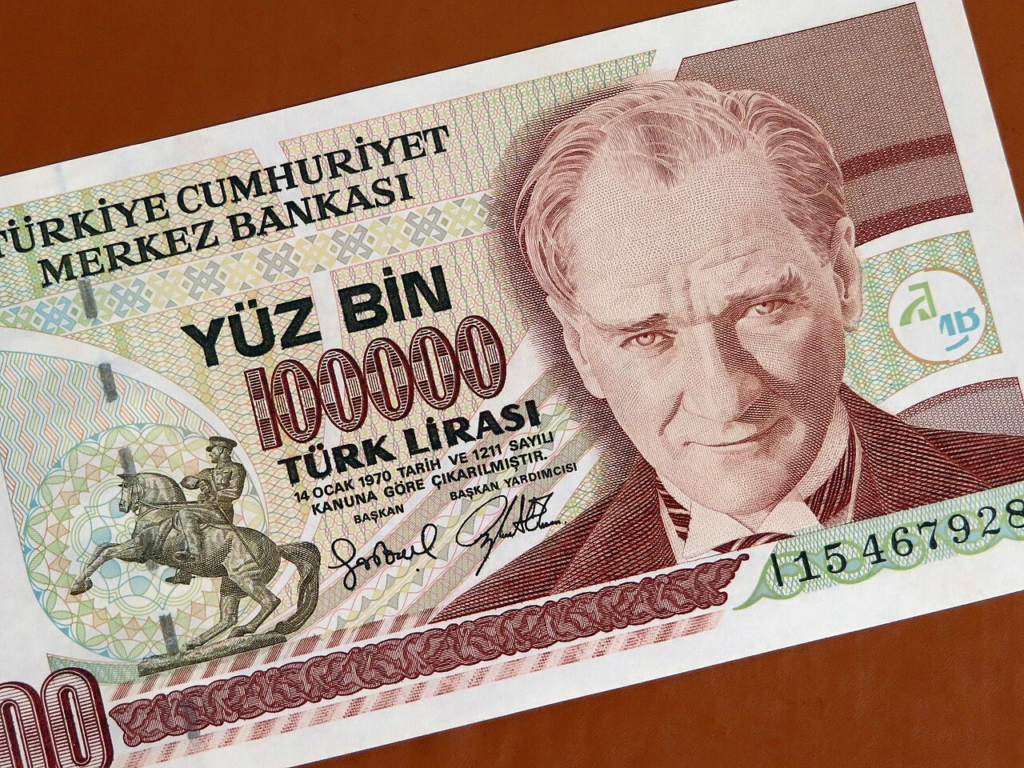
For example, the report claimed that terrorist organizations were using non-profit organizations, real estate, and even the banking sector to route or store funds meant for terrorist activities. Meanwhile, these are just some of the sectors that Turkish money launderers exploit.
How Turkey Was the Safehaven for Terrorism Funds
Unfortunately, FAFT’s 2021 report revealed that the illicit funds routed through Turkish banking, real estate, and non-profit sectors were not meant for small-time guerrilla groups.

On the contrary, many instances of illicit funds going to UN-sanctioned terrorist organizations like Al-Qaeda and ISIS were traced to Turkey.
Turkey Yielded to the Call for Financial Reformation
However, after conducting a fresh set of investigations in 2024, FATF found that Turkey has successfully weathered the storm of financial illegalities that previously soiled the country’s name.

According to FATF, Turkey is “no longer subject to the FATF’s increased monitoring process.” However, the watchdog recommends continued collaboration between itself and Turkey’s regulatory bodies.
Advised Not to Ease Off the Gas
FATF suggests that Turkey’s collaborative efforts should help maintain the streak of the crackdown on money laundering activities in the country. Turkey “should continue to work with the FATF to sustain its improvements in its AML/CFT system,” says the fresh report.

The report also advises Turkey to strengthen its monitoring activities of local non-profit organizations. This should discourage more launderers from exploiting that zero-day.
ALSO READ: How To Buy a Foreclosed Home Without Regrets
Turkish Government and Regulators Celebrate the Delisting
The 2024 FATF report was encouraging news for financial administrators and the entire government of Turkey. To celebrate the development, Turkish Finance Minister Mehmet Simsek to X, with a simple post: “We did it.”

The post was written in Turkish, and an emoji of the Turkish flag accompanied the text.
Great Economic Potentials Await
The Turkish Vice President, Cevdet Yilmaz, also commented on the new FATF report, saying, “With this development, international investors’ confidence in our country’s financial system has become even stronger.”
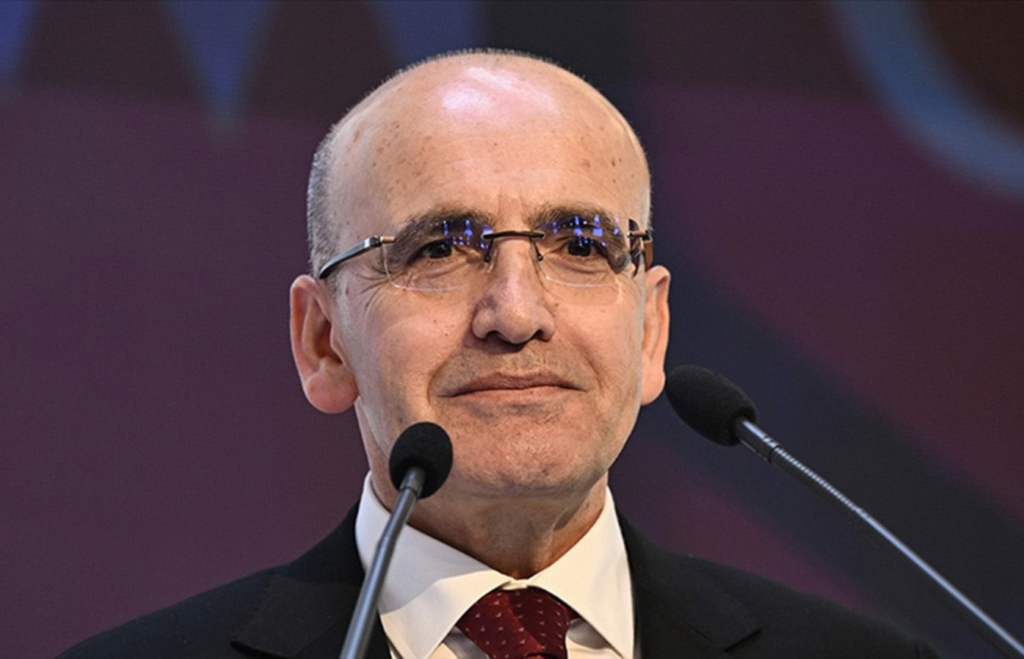
Vice President Yilmaz believes the new announcement will yield positive returns for the Turkish financial sector and the economy at large. Turkish financial institutions should be able to transact with their international peers seamlessly.
A Malady That Must Not Be Allowed to Reoccur
FATF’s 2021 report dealt a real blow to Turkey’s economy, losing a large sum of its foreign investments. In addition, the sanctions couldn’t have come at a worse time as they coincided with a period of currency depreciation and inflation rise in Turkey.

Economic analysts, both at home and abroad, have commented on and projected how the new development would revitalize the Turkish economy.
Economic Analysts See a Bright Future
For example, Mohamed Daoud, a practice lead at Moody’s, said of the 2024 FATF report, “Turkey’s removal from the Financial Action Task Force (FATF) Grey List recognizes the significant progress made by the Turkish government and various economic sectors in strengthening their fight against money laundering and terrorist financing.”

It will boost the international standing and reputation of the Turkish financial sector.
You Might Also Like:
Amazon Lures Back Erstwhile Customers With 30% Discount on Groceries
Tips for Requesting a Lower Minimum Payment on Your Credit Card
Here Are Useful Tips To Get Cheap Car Insurance This Year
Strong Economic Performance Keeps Mortgage Rates Steady Above 7%
Smart Strategies To Get the Lowest Mortgage Rates on the Market

